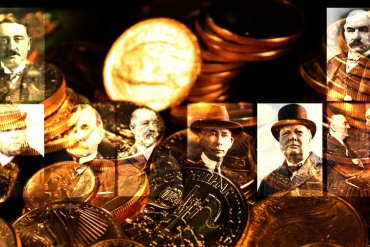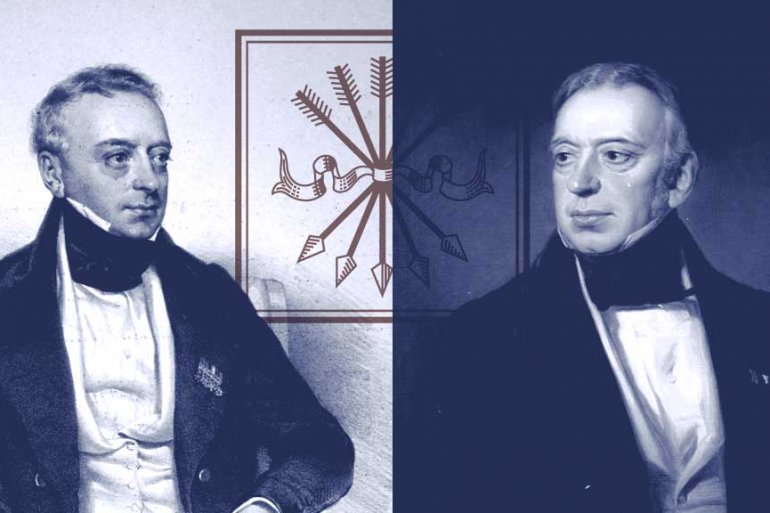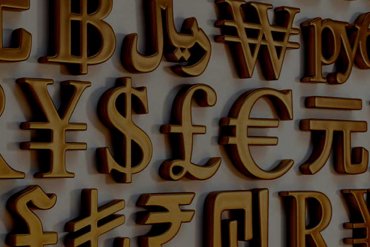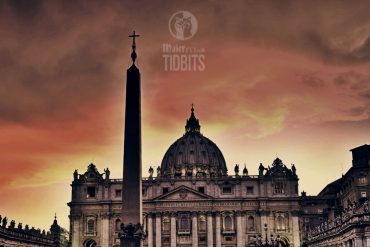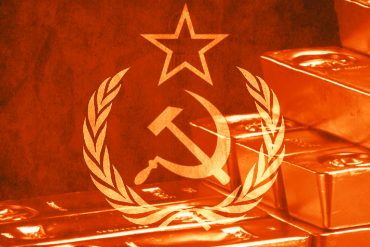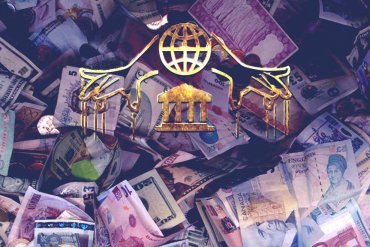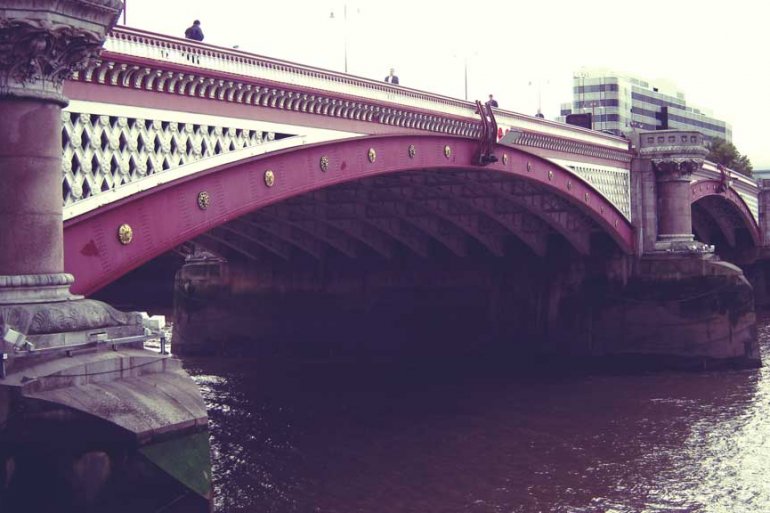The business of banking in Europe in the fourteenth century function was to evaluate, exchange, and safeguard people’s coins. In the beginning, there were notable examples of totally honest banks which operated with remarkable efficiency considering the vast variety of coinage they handled. Honest banks These first banks also issued paper receipts which were so dependable they freely circulated as money and cheated no one in the process. As these...
“Single acts of tyranny may be ascribed to the accidental opinion of a day, but a series of oppressions, begun at a distinguished period, and pursued unalterably through every change of ministers, too plainly prove a deliberate systematical plan of reducing us to slavery.” — Thomas Jefferson American Founding Father who was the principal author of the Declaration of Independence and later served as the third President of the United...
Historians, in interpreting the nineteenth century, have laid stress on many and various aspects of the period under study; and descriptions of isolated periods, single episodes, and individuals are scattered amongst hundreds and even thousands of books. On the other hand, certain special features of the period under consideration have been, for various reasons, entirely neglected. An example of such neglect is the ignoring by historians of the role played by the Rothschild family in the history of the nineteenth […]...
David Astle is a researcher who has assembled a massive database and well-argued case for the existence, in ancient times, of an international bullion brokers’ trust. It allied behind the scenes for its own benefit and agenda, with manipulating governments, religions, pantheons and policies. Mr Astle commenced a sea career at sixteen years of age. During the following years he travelled most of the world’s great trade routes, and visited...
Why does it appear on the surface that parties seem to be against each other when all along they are connected? – Think about it! (R. Dietrich) Without the existence of the secret societies, our history would have been totally different. The history of mankind is like a vast jigsaw puzzle. One must first lay down all pieces down in the correct order before the real bigger picture reveals itself....
The world’s most exclusive club has eighteen members. They gather every other month on a Sunday evening at 7 p.m. in conference room E in a circular tower block whose tinted windows overlook the central Basel railway station. Their discussion lasts for one hour, perhaps an hour and a half. Some of those present bring a colleague with them, but the aides rarely speak during this most confidential of conclaves. The meeting closes, the aides leave, and those remaining retire […]...
From the early 1920s, countless pamphlets and writings, indeed just a handful of books, have looked for a link between “international bankers” and “Bolshevik revolutionaries.” Not often have these endeavors been covered by hard evidence, and never have this kind of efforts been argued within the framework of a scientific methodology. In truth, a few of the “evidence” utilized in these efforts has been deceitful, some has been irrelevant, much...
What is wrong with a little debt, cautiously applied and wisely managed? The response is absolutely nothing, as long as the debt is based on an honest exchange. There is plenty wrong to it as soon as it is based upon fraud. What is the difference? A sincere exchange is one wherein a borrower pays off an approved amount in exchange for temporary use of a lender’s possession. That asset...
On 18 June 1982 the body of Roberto Calvi was found swinging on a length of orange nylon rope beneath Blackfriars Bridge, London. He had £10,000 worth of sterling, Italian lire and Swiss francs in his wallet and his trousers were stuffed with bricks and stones from a nearby building site. The British coroner recorded a case of suicide. Banco Ambrosiano Roberto Calvi certainly had reasons to kill himself. The 62-year-old Italian had chaired Banco Ambrosiano, Italy’s second largest private […]...

